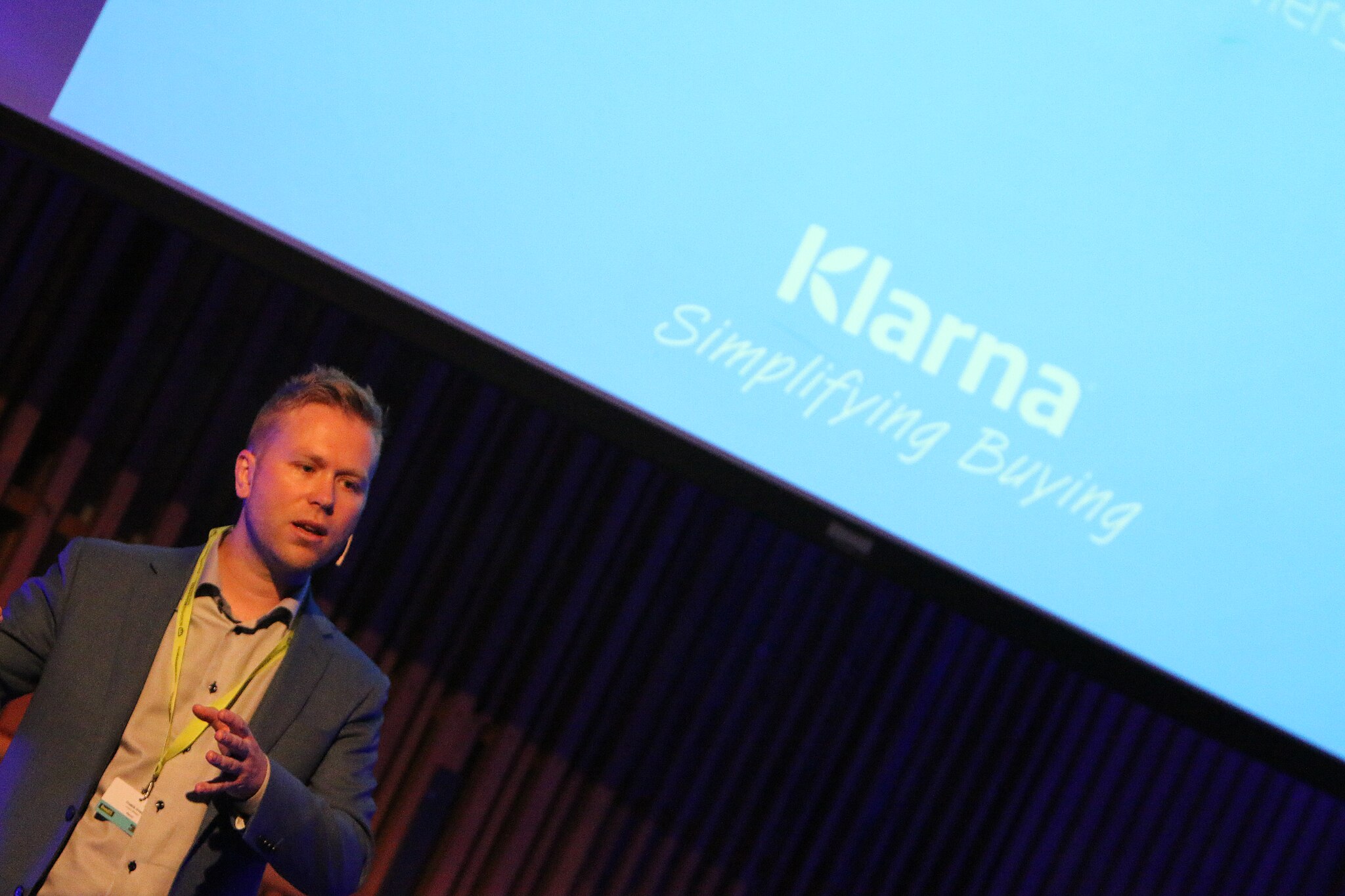A Swedish financial services firm specialising in direct payments, pay-after-delivery options, and instalment plans is preparing to reduce its workforce by nearly 50 per cent as artificial intelligence automation becomes more prevalent.
Klarna, a buy-now, pay-later company, has reduced its workforce by over 1,000 employees in the past year, partially attributed to the increased use of artificial intelligence.
The company plans to implement further job cuts, resulting in a reduction of nearly 2,000 positions. Klarna’s current employee count decreased from approximately 5,000 to 3,800 compared to last year.
Klarna’s Radical Workforce Reduction
A company spokesperson stated that the number of employees is expected to decrease to approximately 2,000 in the coming years, although they did not provide a specific timeline. In Klarna’s interim financial report released on Tuesday, the company attributed the job cuts to its increasing reliance on artificial intelligence, enabling it to reduce its human workforce.
Klarna claims that its AI-powered chatbot can handle the workload previously managed by 700 full-time customer service agents. The company has reduced the average resolution time for customer service inquiries from 11 minutes to two while maintaining consistent customer satisfaction ratings compared to human agents.
“Our proven scale efficiencies have been enhanced by our investment in AI, which has driven down operating expenses and improved gross profits,” the company said.
According to the World Economic Forum’s 2023 Future of Jobs Report, over 75 percent of companies anticipate adopting artificial intelligence and other advanced technologies within the next five years. This widespread adoption could significantly alter the way we work.
Klarna reported a 73 percent increase in average revenue per employee compared to last year. According to its website, Klarna, headquartered in Sweden, maintains two UK offices in London and Manchester and numerous additional locations throughout Europe, the Americas, Australia, and New Zealand.
While details about Klarna’s workforce in the UK are still scarce, the company said the planned headcount reductions would be even across its sites. In addition to customer service, Klarna currently uses artificial intelligence in its marketing efforts.
“Our AI assistant now also serves as a powerful shopping assistant that helps consumers discover and choose products tailored to them, further transforming the shopping experience and helping them save time and money,” the company said.
Notably, none of the workforce reductions have been achieved through layoffs. Instead, the company has relied on a combination of natural staff turnover and a hiring freeze implemented last year.
Klarna’s AI-Fueled Revenue Growth
Klarna’s interim results demonstrated a 27 percent increase in revenue, reaching 13.3 billion Swedish krona (£990 million). Additionally, the company transitioned from a loss of 456 million krona in the previous year to an adjusted profit of 673 million krona. The job cuts occur amidst a turnaround strategy at Klarna.
The company, which had previously been profitable until 2019, began experiencing financial losses in 2020 following a period of rapid expansion in the United States. Subsequently, Klarna’s estimated valuation plummeted from 46 billion US dollars (£34.8 billion) to just 6.7 billion dollars between 2021 and 2022.
Klarna’s chief executive, Sebastian Siemiatkowski, indicated that the company may consider an initial public offering (IPO) as early as next year. In an interview with Reuters, he stated that this timeline “sounds reasonable” but emphasised that there are no concrete plans.
Siemiatkowski suggested that the company might favour a US stock market listing but acknowledged that European options have also been considered.
In July, Chrysalis Investments, a major Klarna investor, provided a more recent valuation estimate, suggesting that the fintech firm could achieve a valuation between 15 billion and 20 billion dollars in an initial public offering.







